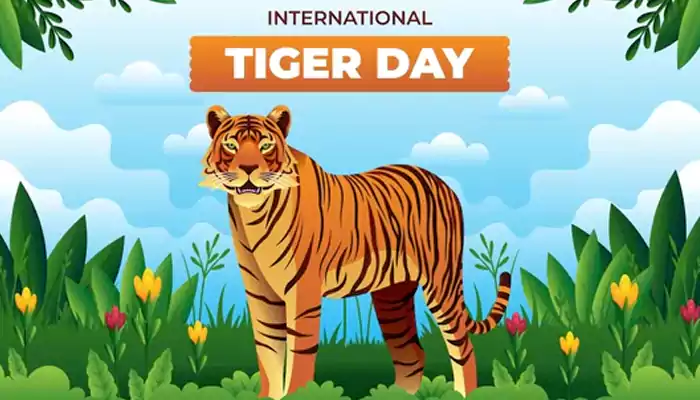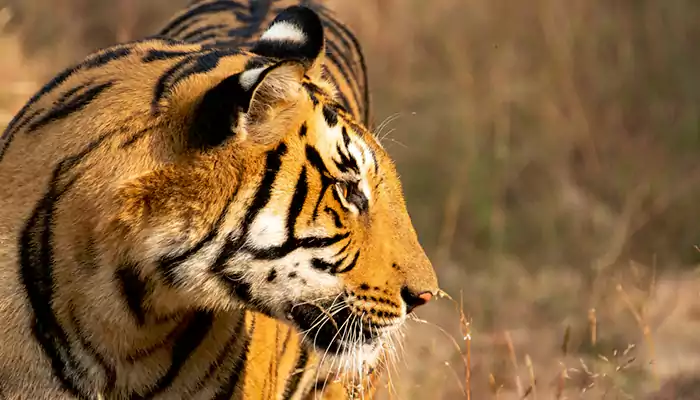World Veterinary Day: Exploring Career Paths in Veterinary Science – Opportunities and Challenges
- Admin
- 1 year ago
- 4 minutes read

World Veterinary Day, celebrated on 27th April, highlights the vital role veterinarians play in animal health, public health, and environmental conservation.
As interest in veterinary science grows, it’s important to understand the diverse career paths within the field and the associated opportunities and challenges. Let’s delve into the various avenues available in veterinary science and what aspiring veterinarians can expect in their careers.
Diverse Career Opportunities in Veterinary Science
The field of veterinary science offers more than just the traditional role of a veterinarian. Here are some of the paths one might consider:
Clinical Practice
The most recognized career path, this involves diagnosing and treating diseases in animals. Within clinical practice, veterinarians can specialize in areas such as small animals, large animals, exotics, or equines.
Specialty Practice
Veterinarians can specialize in areas like dermatology, oncology, surgery, or internal medicine. These specializations require additional education and board certification but offer the opportunity to engage in complex cases and advanced treatments.
Research
Veterinarians in research contribute to medical advances for both human and animal health. They work in laboratories and institutions, studying disease mechanisms, developing vaccines, and finding new treatments.
Public Health
Veterinarians in public health help prevent diseases transmitted between animals and humans (zoonoses). They work with public health organizations to manage and control outbreaks and improve community health standards.
Education and Academia
Teaching future veterinarians or conducting academic research is another career path. Roles in academia require a deep commitment to education and typically necessitate advanced degrees.
Industry
Veterinary professionals in the pharmaceutical, biotechnology, and animal food industries play essential roles in product development, regulatory affairs, and clinical trials.
Conservation and Wildlife Medicine
Veterinarians contribute to wildlife conservation, working in natural habitats, zoos, and aquaria to care for wildlife and endangered species.
Military and Government
Veterinarians serve in various governmental roles, including food safety, animal quarantine, regulatory medicine, and as commissioned officers in the armed forces.
Opportunities in Veterinary Careers

The demand for veterinary services is growing, driven by an increasing pet population and a greater focus on animal welfare. The diversity of the field allows veterinarians to find niches that align with their interests, whether they are in clinical practice, research, public policy, or education. Advancements in veterinary technology and medicine provide ongoing learning opportunities and the ability to practice high-quality veterinary care. Moreover, the satisfaction of improving animal and human lives makes veterinary science a fulfilling career choice.
Challenges Facing Veterinary Professionals
Despite the appealing aspects of a career in veterinary science, there are significant challenges:
Educational Investment
Becoming a veterinarian requires a considerable educational investment, including a bachelor’s degree followed by a Doctor of Veterinary Medicine (DVM) degree, which can be expensive and time-consuming.
Emotional Stress
Veterinary professionals often deal with sick and dying animals and need to manage the emotional responses of pet owners, which can be emotionally draining.
Work-Life Balance
The demands of the job, including long hours, emergency calls, and the need for ongoing education, can impact personal life and work-life balance.
Financial Compensation
While veterinary specialists can earn high salaries, the high cost of education and the starting salaries for general practitioners may not always align, leading to financial stress.
Professional Burnout
The high demands, emotional stress, and sometimes inadequate financial rewards can lead to professional burnout and emotional health challenges.
A career in veterinary science is rich with opportunities to make a significant impact on animal and human health. However, it also presents challenges that require resilience, passion, and dedication. For those interested in pursuing this path, it’s important to carefully consider both the rewards and the demands of the profession. On World Veterinary Day, we celebrate the essential contributions of veterinary professionals and encourage thoughtful consideration for those contemplating this noble and fulfilling career path.












